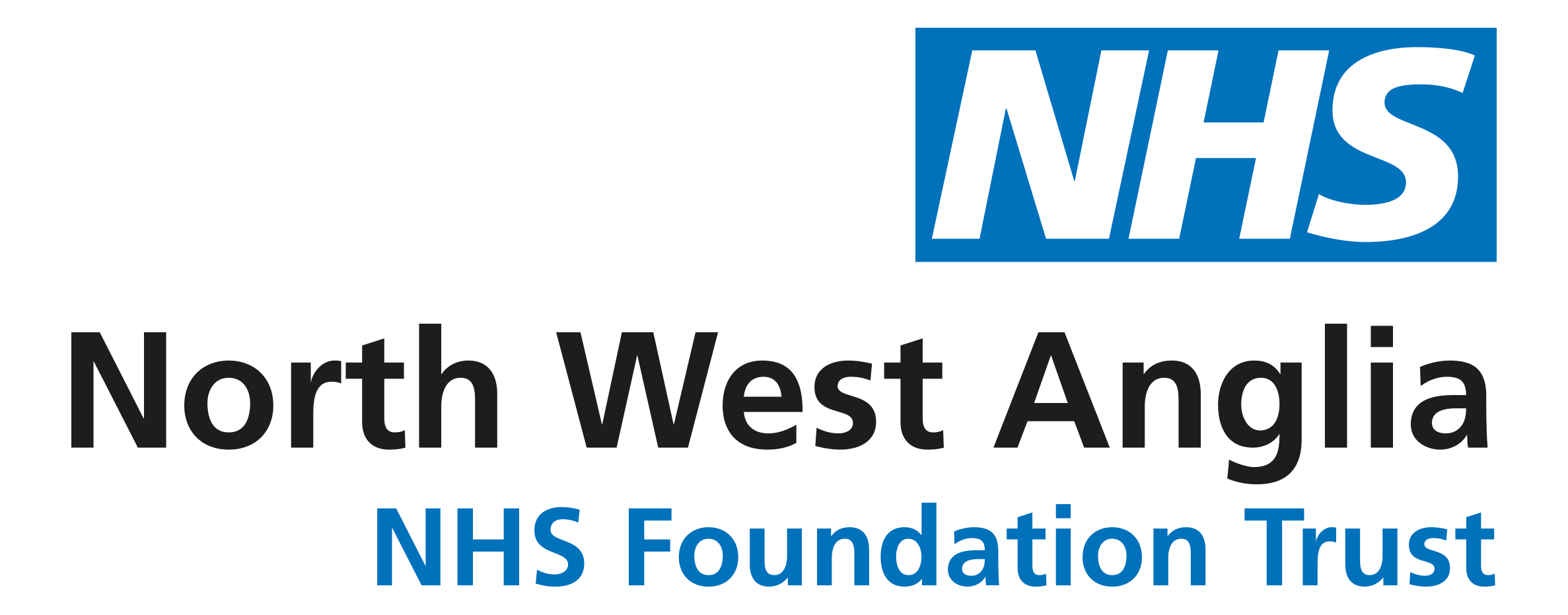North West Anglia Foundation Trust

The Challenge
The North West Anglia NHS Foundation Trust spans over 1,000 beds and comprises Peterborough City Hospital, Hinchingbrooke Hospital, Stamford and Rutland Hospital, and several smaller sites including community clinics and hubs.
Following many years of success with the Bag-to-Bed system in Peterborough City Hospital and Stamford and Rutland Hospital; the Trust made the decision to have Sharpsmart implement the system in Hinchingbrooke Hospital.
Teams at Hinchingbrooke Hospital were looking to improve the waste management process to align it with the 20-20-60 split and work towards NHS Net Zero initiatives.
Our Approach
STEP 1
Before the introduction of the Bag-to-Bed system, almost all of the hospital’s waste was being sent to high-temperature incineration – a carbon-intensive process.
Partner sites had already experienced many benefits including drastically reducing their HTI waste volumes and this helped stakeholders at Hinchingbrooke Hospital to recognise the urgent need to change their process.
There were some concerns about introducing the new system though, the primary issue being the immediate challenge presented by the high number of staff working on-site.
STEP 2
As well as introducing the Bag-to-Bed system, Hinchingbrooke Hospital also partnered with Sharpsmart to manage their healthcare waste which required a site-wide audit to be conducted.
The hospital audit carried out by Sharpsmart highlighted the needs and requirements of both the hospital and staff and helped stakeholders ascertain the best implementation process for new waste streams to support their 20-20-60 target and sustainability goals.
STEP 3
The teams needed to work together to understand how they could best encourage correct segregation practices given the large volume of staff on site, the audit revealed a need to provide training and education for hospital staff.
Sharpsmart took a blended learning approach to the training and used educational materials to empower staff to become future trainers of other stakeholders, able to translate the right messages to the right people on an ongoing basis.
The Solution
The Sharpsmart Bag-to-Bed was introduced to:
- Increase efficiency through a point-of-care disposal system for healthcare waste.
- Improve compliance by encouraging correct waste segregation and best practices.
- Improve safety with waste removed from the patient environment promptly.
The auditing process identified a need to:
- Introduce an offensive waste stream to reduce waste sent for HTI and AT.
- Install a compactor on-site for offensive waste to reduce weekly collections – the existing process required four collections per week.
To overcome the staff number challenge, stakeholders were:
- Trained using a blended learning method including face-to-face training.
- Provided educational materials in a targeted approach to each clinical area’s needs.
- Given ongoing support and auditing to ensure compliance with waste policy and HTM guidelines.
The Outcome
Since introducing the Sharpsmart Bag-to-Bed system, Hinchingbrooke Hospital hasn’t only met its 20-20-60 waste split targets, it has exceeded them.
Staff experience has also improved as a result of the improved training opportunities and educational material available.
Hinchingbrooke Hospital’s impressive achievements include:
- A 95% diversion of healthcare waste from high-temperature incineration.
- An annual reduction of 19,000 road miles.
- A 67% diversion from HTI across all North West Anglia NHS Foundation Trust sites.
